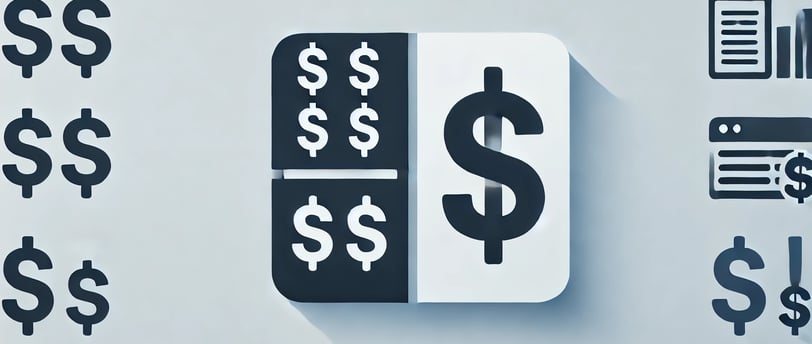PEO vs. Traditional Coverage: Which Saves More for Teams Under 100?
quick breakdown and comparison of PEO vs traditional options
PEOBUSINESS
Dustin Dellera
4/3/20251 min read


💼 Using or considering a PEO? Here’s What You Should Know.
If you’re running a growing business with anywhere from 5 to 250 employees, odds are someone’s pitched you on a PEO:
“One vendor, one check. We’ll handle your payroll, HR, benefits, workers comp, compliance—all of it.”
And at first, that sounds like freedom. But for many businesses, it turns into a black box of costs, red tape, and limitations.
🧠 What We’ve Seen
We’ve done hundreds of PEO evaluations and helped businesses transition smoothly—without losing coverage or compliance.
You can even check out our dedicated site just for this:
👉 Visit PEOHacker.com
📉 What the Math Tells Us
Most businesses save 15–30% when they leave a PEO. Why?
You stop paying bundled admin fees and inflated markups.
You pick and price out only what you actually use.
You regain control over your benefits, vendors, and tech.
🔍 What Does “Going Independent” Look Like?
You still get:
Payroll, HR, compliance support
Health plans and benefit options
Workers comp coverage
But now you’re not locked into someone else’s system—and you’re not overpaying for things you don’t use.
With tools like:
Self-funded health plans
ICHRA + QSEHRA
Standalone HR + payroll tech
You run leaner, smarter, and on your terms.
🆚 PEO vs. Standalone: What’s Better for You?
It depends. For some companies, a PEO still makes sense.
But if you’re scaling fast, want more transparency, or just hate feeling stuck in the “we’ll get back to you” customer support loop—there might be a better way.
📞 Want a Side-by-Side Breakdown?
We’ll show you exactly how your PEO stacks up against a standalone setup—costs, services, risks, and all.
Comprehensive Insurance Solutions for Small Businesses and Individuals
© 2025. 6D Insurance Services, LLC. All rights reserved.
Mailing address:
9110 Alcosta Blvd. ste H-2004
San Ramon, CA 94583
CA License # 4253059
